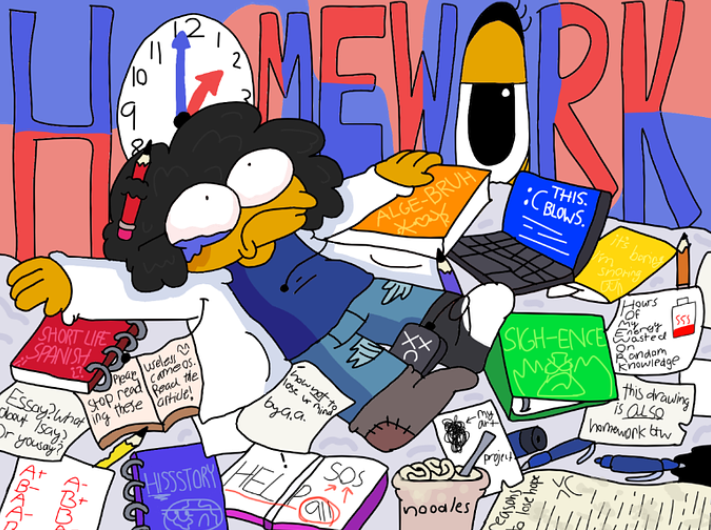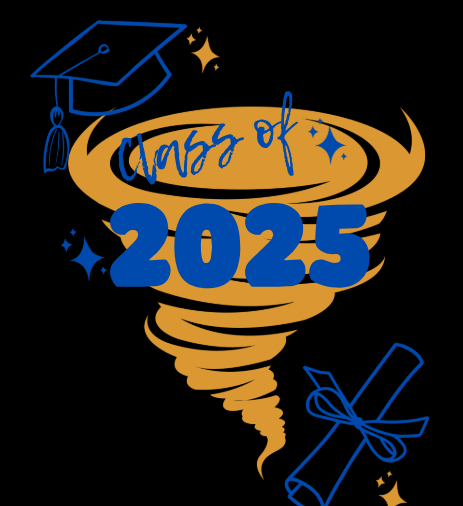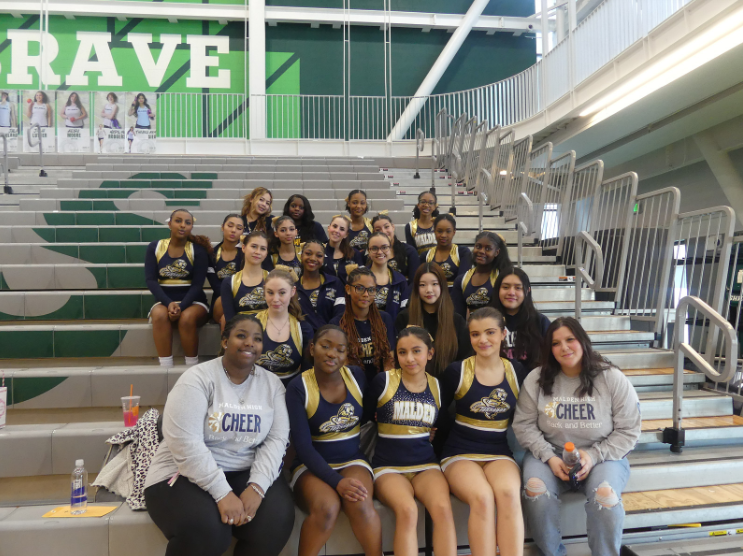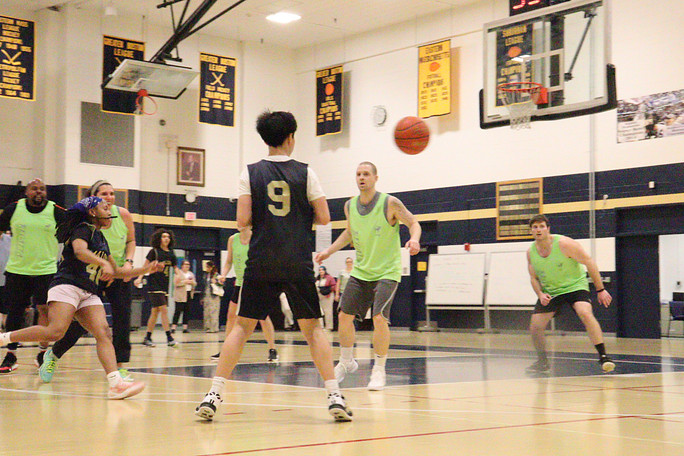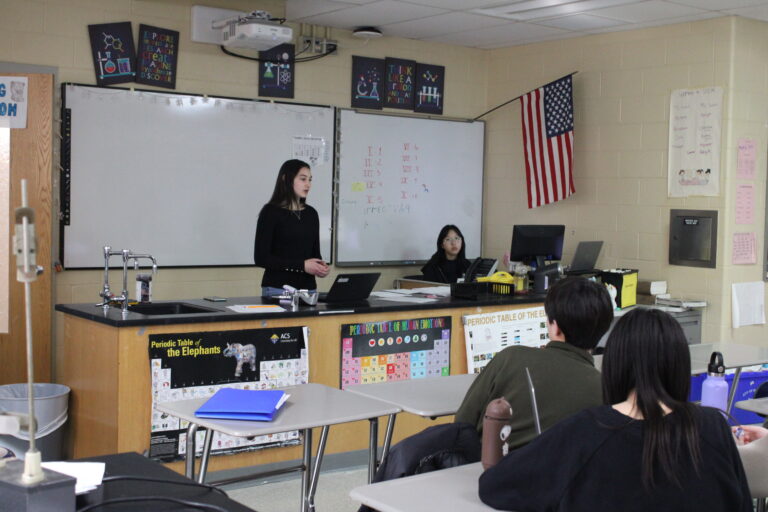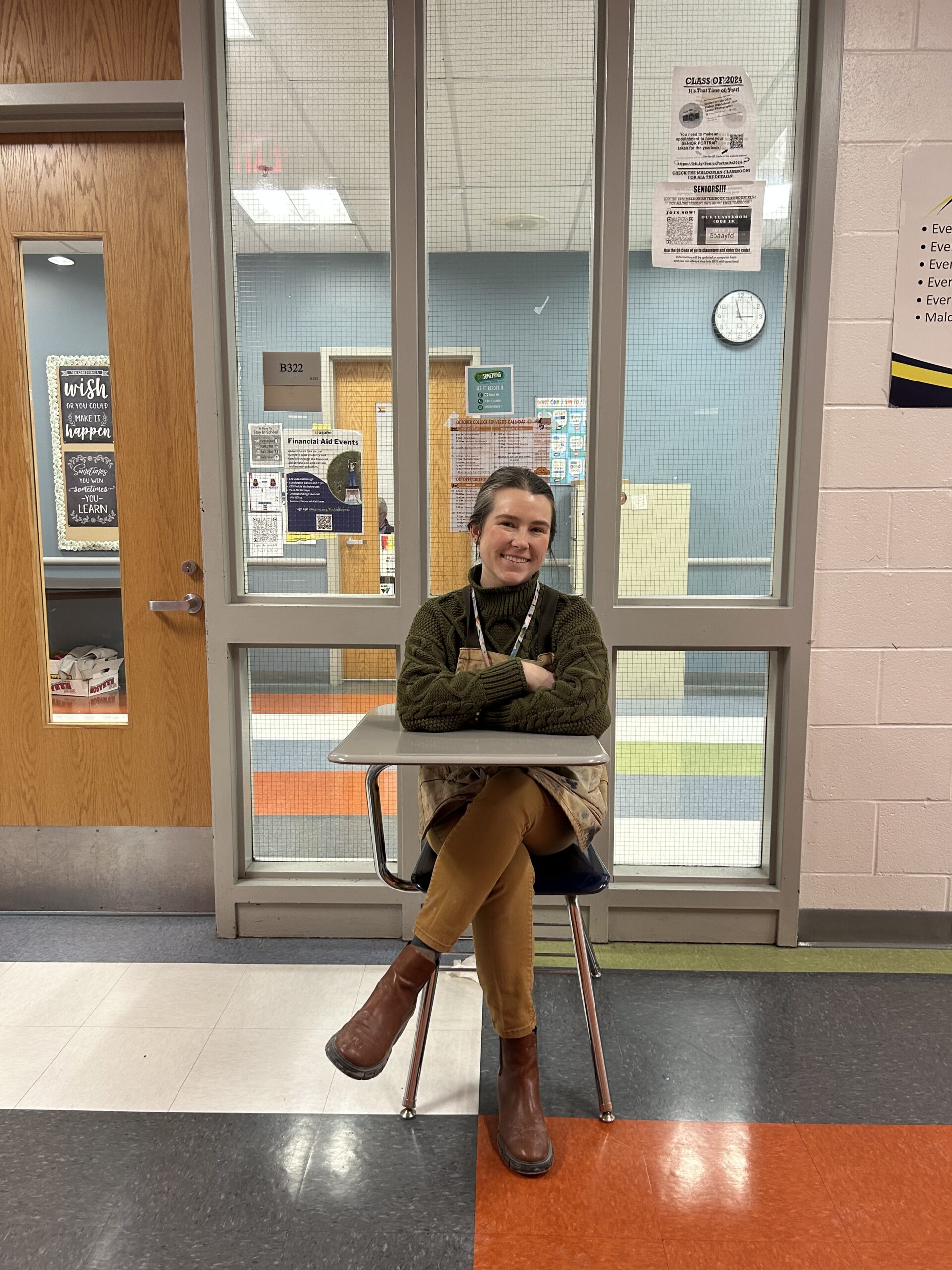
When it comes to relationships between students and teachers, there seems to be some sort of built-in stigma set in place causing a lack of communication and respect between the two.
Disagreements upon school policies, miscommunication, and the lack of consideration for each other are commonly presented factors for this stigma. However, the surface barely needs to be scratched to realize that the tension between the two is rather systematic than casual, and fueled by strict bathroom policies, a crackdown on hallway wandering, and direct studies.
At the start of the 2023-2024 school year, after closely observing the behaviors in the bathroom as well as hallways, staff and administration came to an agreement to close all bathrooms in the school with the exception of the Boyle House bathrooms.
It has now been about three months since this was implemented and although there has been lots of feedback and controversy about it, primarily from students, it would be a lie to say that it has not brought any change. “I thought it was quite a harsh reaction at first, but I’d be lying if I said it didn’t work…we have a very social bathroom scene here but there’s definitely been an improvement due to the limited bathrooms,” said Mitch Gaynor, a student support officer here at Malden High.
While on the topic of social bathrooms, since there is limited access to bathrooms, close monitoring of who enters and exits the bathroom during times when bathroom use is relatively high was another action made by the administration.
Art teacher Melissa Sullivan is currently one of the bathroom monitors during period seven. ”…I don’t see the other periods, but from hearing others talk it seems like the first and last periods are the busiest times in the bathrooms,” she said. While teaching almost every period, Sullivan emphasized, ”In my personal classes I do see that there are less students out for longer periods of time.”

Melissa Sullivan monitoring outside of the bathrooms. DELINA YOHANNES
Not only are bathroom monitors driving rifts between students and staff, the changing hallway culture, and teachers’ attempts to control it are causing issues for some students, too.
For select students, having the freedom to wander the hallways helps them maintain a sense of peace. As put by freshman Imane Agoumad: “Sometimes just taking a lap around to really just clear my thoughts helps so much with refocusing and carrying on with my day.”
A big part of Gaynor’s daily work is to observe students’ behaviors in the hallway. “Since the bathrooms have shut down, the culture of the hallways did change as students didn’t have as many excuses to be out and about.” Gaynor further explained how the less crowded hallways during class allowed students to open up to him as to why they were not where they were supposed to be.
“It gives me an opportunity to connect more and figure out why exactly students are skipping class, like if it were stuff at home, issues with a class, an absent teacher, etc,” Gaynor said.
Oftentimes students who are seen out of class while classes are in session are simply told to return to where they need to be without any further questioning as to why they really are not in class. Gaynor, as well as other staff members, emphasize how the hallways being less crowded allowed for connections to be made with students where some students truthfully expressed their absence in class along with alternate factors behind that absence.
Aside from personal or academic concerns being a reason behind students wandering the halls, the simple fact that a majority of students at Malden High have either had one or currently have a direct study on their schedule is another big factor. Directed studies are essentially a free period and are the result of the number of classes offered at Malden High not being enough compared to the student enrollment.
“There’s been lots of new families join the Malden community from other countries as well as lots of students that are coming back from charter schools, private schools, etc. which has increased our student body by a lot…as for teachers, when you compare Malden High School to other schools, I feel as if we’ve always had room for more [teachers],” said Principal Christopher Mastrangelo.
It is obvious that, if possible, directed studies would be removed to ensure students are having class every period and gaining as many required credits as possible in a school year. Brenda Darisse, a sophomore at Malden High, described her experience with direct studies as, “unnecessary and not useful because you’re not doing anything.” She continued, “If I had another one I would definitely switch out of it as I think it’s not good to have unless you’re maybe a senior who almost has all your credits.”
“If teenagers are given 80 minutes of class time with their friends, completing work isn’t something that they’ll prioritize…or when kids have absent teachers for long periods of time and end up not feeling like they have a real class for however long their teacher is out for… it’s just not fair for them,” emphasized Gaynor, who continued to highlight how a great deal of the factors behind what’s getting in between students and their teacher is beyond either of their control.
Although hiring new teachers to fill in those direct studies is also beyond the school’s control as there are factors such as a city-wide budget that must limit this possibility, if possible, staff members are more than ready to propose their ideas.
“I would love to expand our language offerings, I’d love to add Portuguese, Mandarin, Arabic, etc,” said Mastrangelo. Gaynor also added how to possibly incorporate, “a school store, or students hosting joys for activities or concepts that they’re passionate about. I think that’d be an awesome way of engaging students as well as building that sense of community in this school, mostly between students and staff.”
Regardless of all the possibilities and reforms that could be made to this school if it was obtainable, one thing that is in our control is protecting the relationship between students and staff no matter what policies or changes come about. When asked about the relationship between students and teachers, Mastrangelo describes it as, “a work in progress…the pandemic definitely played a big role in the divide between us and it’s something that we’re slowly but surely working on. So far, however, I’d say that we’re starting to really like each other again.”


